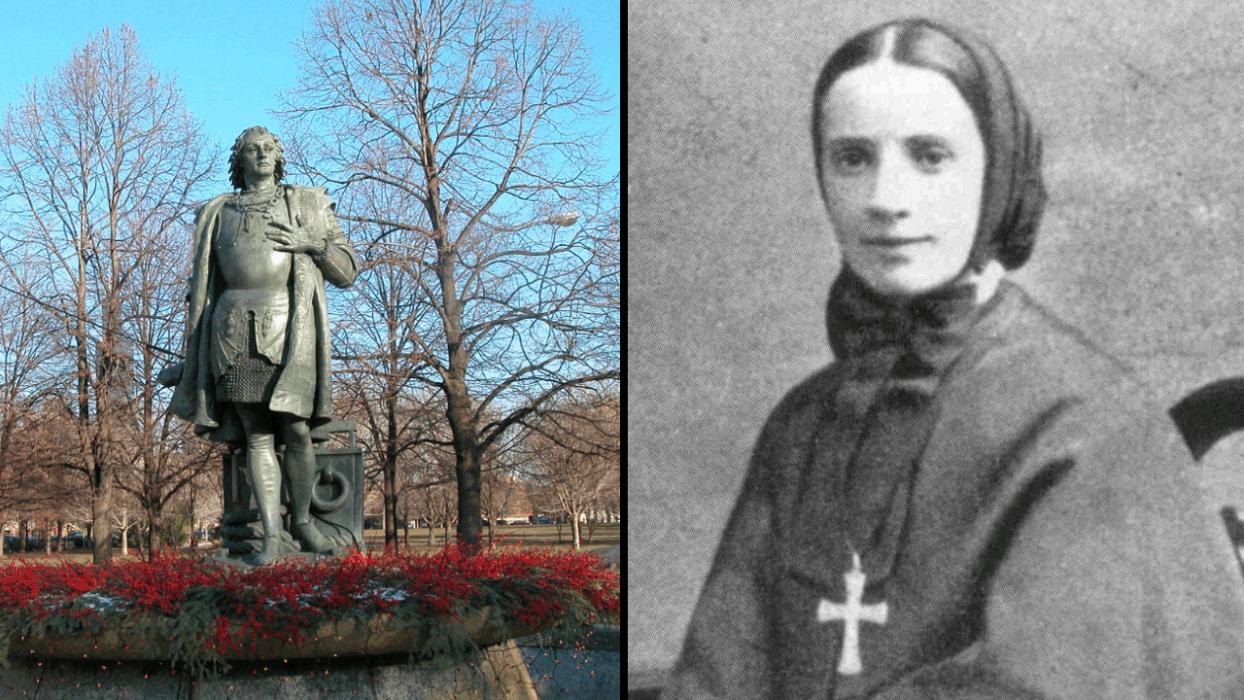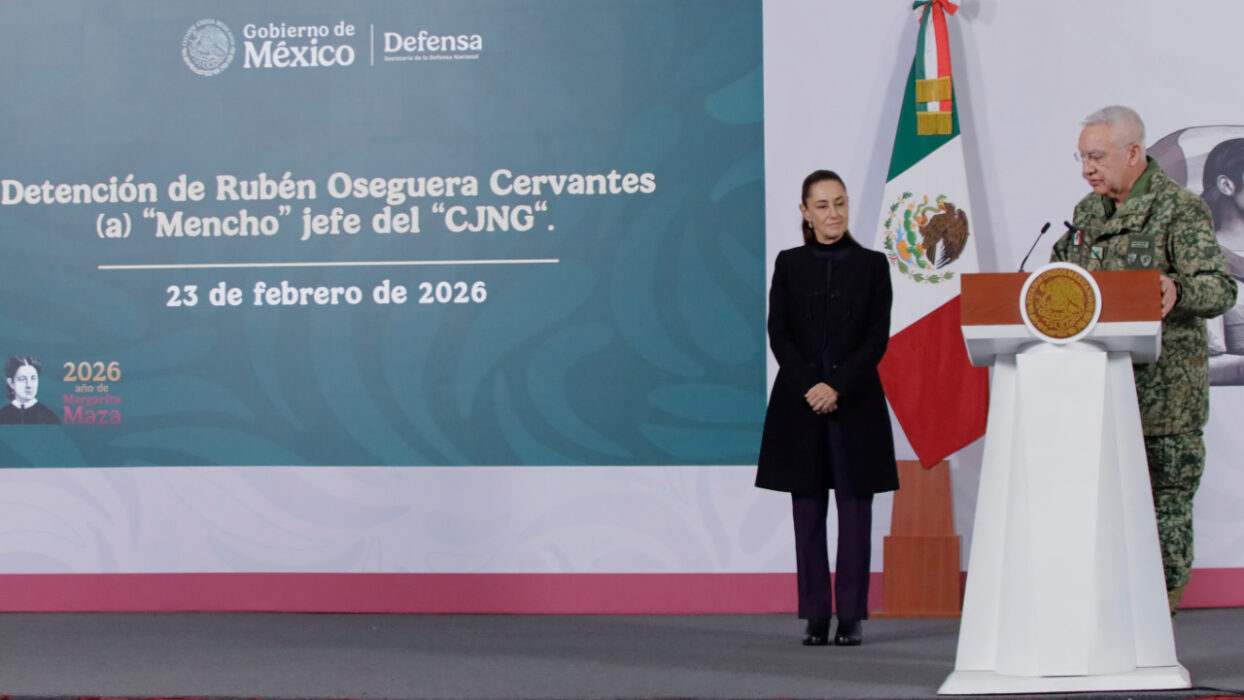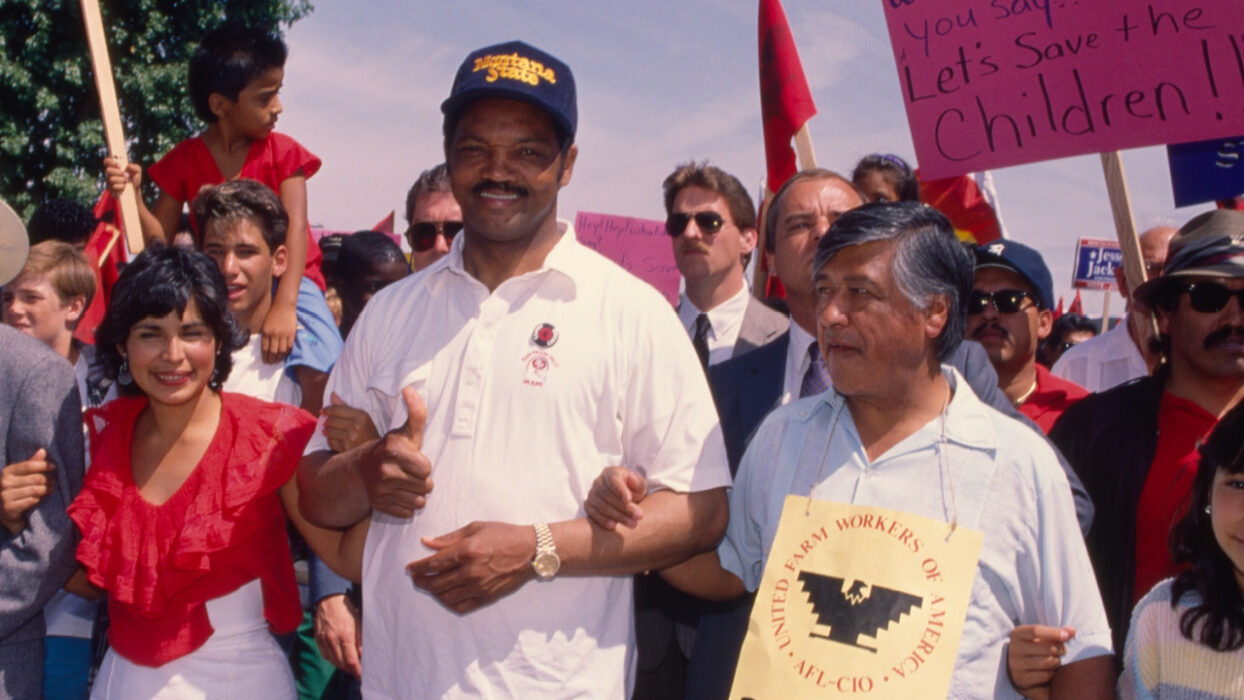
If Executed, Melissa Lucio Will Be the First Latina To Receive the Death Penalty in Texas, but Experts Say Her Case Is Not Cut and Dry
In January, the State of Texas scheduled 53-year-old Melissa Lucio to death for the 2007 murder of her 2-year-old daughter, Mariah Alvarez. Lucio’s execution is currently scheduled for April 27, 2022. If executed, Lucio will be the first Latina to ever receive the death penalty in Texas.
Despite Lucio’s sentencing, her case is not as cut and dry as it may seem on the surface. Members of Lucio’s family, as well as Melissa Lucio herself, insist that Lucio is innocent and that the death of her toddler daughter was simply a tragic accident.
On February 2007, Lucio said that 2-year-old Mariah Alvarez fell down a flight of stairs while the family was moving houses. Two days later, Mariah took a nap and never woke up. According to police, they arrived to find Alvarez laying on her back, unattended and not breathing.
Alvarez’s autopsy revealed a broken arm, bite marks, bruises all over her body and chunks of her hair pulled out at the root. According to Cameron County District Attorney Luis V. Saenz, the emergency room physician who inspected Mariah stated it was “the ‘absolute worst’ case of child abuse that he had seen in his 30 years of practice.”
The 2020 Hulu documentary “The State of Texas vs. Melissa” suggests that Alvarez’s battered body was not due to parental abuse on Lucio’s part, but actually inflicted by one of Alvarez’s siblings.
When authorities saw Alvarez’s body, they took Melissa Lucio into custody and interrogated her for five hours — allegedly without food or sleep. At first, Lucio maintained her innocence. But at 3:00 a.m. she finally told authorities: “I guess I did it.”
After she was charged with murder, Lucio refused to plead guilty and turned down a plea deal of 30 years in prison. In 2008, a jury found her guilty of capital murder. She has been on death row ever since.
But Lucio’s supporters say that the justice system failed to look at the context of Lucio’s life, which they would need to know to understand both her confession and the death of her daughter.
Lucio’s life had not been an easy one. The Tejana woman had grown up in poverty and was sexually abused from the age of six. She married another abusive man at the age of 16, who eventually left her alone to fend for herself with six children. Her second marriage was also abusive, with her partner beating her, raping her, and threatening to kill her.
Additionally, Lucio was an addict, using drugs to self medicate. She had fourteen children and was pregnant with twins when she was arrested for the murder of her daughter.
Experts from The Innocence Project say that Lucio’s confession to a crime she didn’t commit is common for victims of abuse. “Research has shown that survivors of sexual abuse and violence, like Ms. Lucio, are more vulnerable to falsely confessing under such coercive conditions,” the Innocence Project wrote on their website.
They also cite evidence of other unlawful convictions of women, in which 1 in 3 exonerated women are wrongly convicted of harming their children.
But so far, Lucio’s advocates are facing roadblocks. After years of her case making its way through appellate courts, in 2021, the Supreme Court declined to review her petition to appeal.
But still, Lucio’s team of lawyers, advocates, supporters and loved ones are doing everything in their power to save her from certain death. “My sister is innocent,” Lucio’s sister, Sonya Valencia Alvarez, said at a recent rally.
“This is an innocent woman. This is a loving mother of 14 children who was sent to death.”




